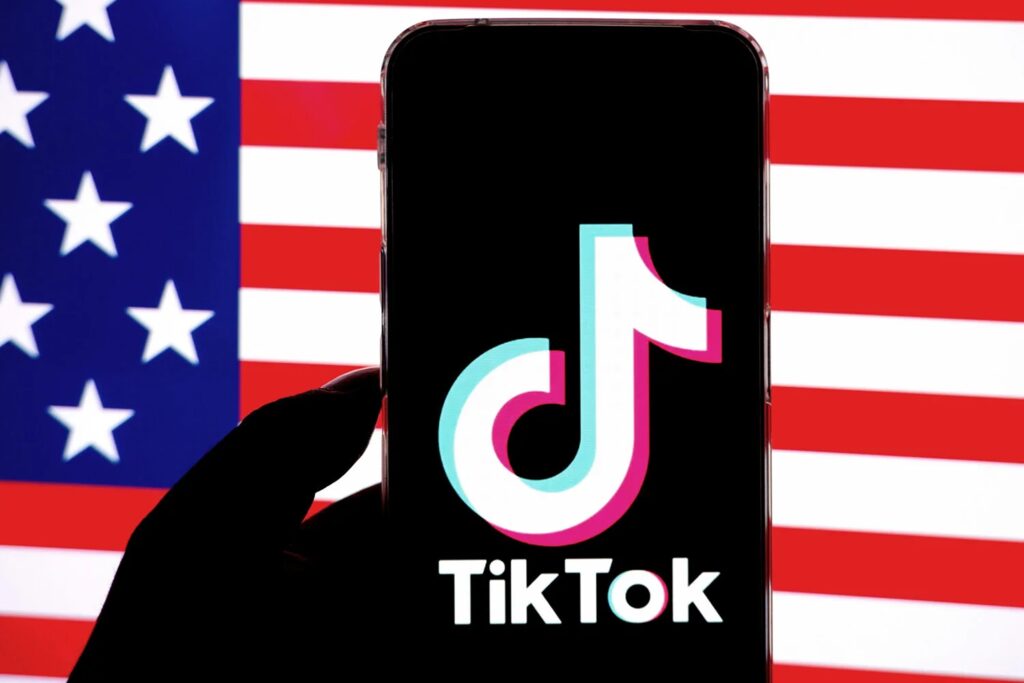In a recent statement, Donald Trump, a candidate for the U.S. presidency, expressed concerns about TikTok, labeling it a national security risk.
However, Trump acknowledged the potential negative impact a ban on the app might have on young users and how it could inadvertently benefit Meta Platforms’ Facebook, a platform he has previously criticized.
This comes as the U.S. House of Representatives prepares for a vote on a bill requiring ByteDance, TikTok’s Chinese parent company, to sell the app, which has 170 million American users.
The vote is set for Wednesday and will operate under fast-track rules needing a two-thirds majority for passage.
TikTok, defending its stance in a letter to Congress, argued against claims of Chinese government ownership or control, emphasizing its ongoing $1.5 billion effort to safeguard U.S. data.
The company suggests that divestment might actually compromise U.S. user data security.
Concerns about TikTok’s data practices have been echoed by U.S. intelligence and law enforcement agencies, including the FBI and the Justice Department.
These concerns were highlighted in the 2024 Annual Threat Assessment report and a Justice Department document, outlining TikTok’s potential use for propaganda and its security implications.
Trump, in a CNBC interview, emphasized his reluctance to see Facebook benefit from a TikTok ban, citing dishonesty on the part of Facebook.
He also mentioned a meeting with investor Jeff Yass, though he stated TikTok was not discussed. Amidst this, Meta Platforms’ stock saw a decline.
Highlighting another perspective, Trump mentioned the potential distress a ban could cause among young TikTok users, juxtaposing the app’s positive and negative aspects.
TikTok CEO Shou Zi Chew is expected to discuss these issues with senators in an upcoming visit to Capitol Hill.
The bill, which President Joe Biden indicated he would sign, aims to mitigate risks posed by TikTok regarding data collection and propaganda by the Chinese government.
If ByteDance fails to divest TikTok within the stipulated 165 days, major app stores and web hosting services would be prohibited from offering TikTok or supporting ByteDance applications.
This legislative effort marks another chapter in the ongoing scrutiny of TikTok, which has been a point of contention since Trump’s presidency, when he attempted to ban the app and WeChat, although those efforts were halted by the courts.
The debate continues as the app’s popularity grows and political campaigns, including Biden’s, engage with the platform, though Trump’s campaign has not.
